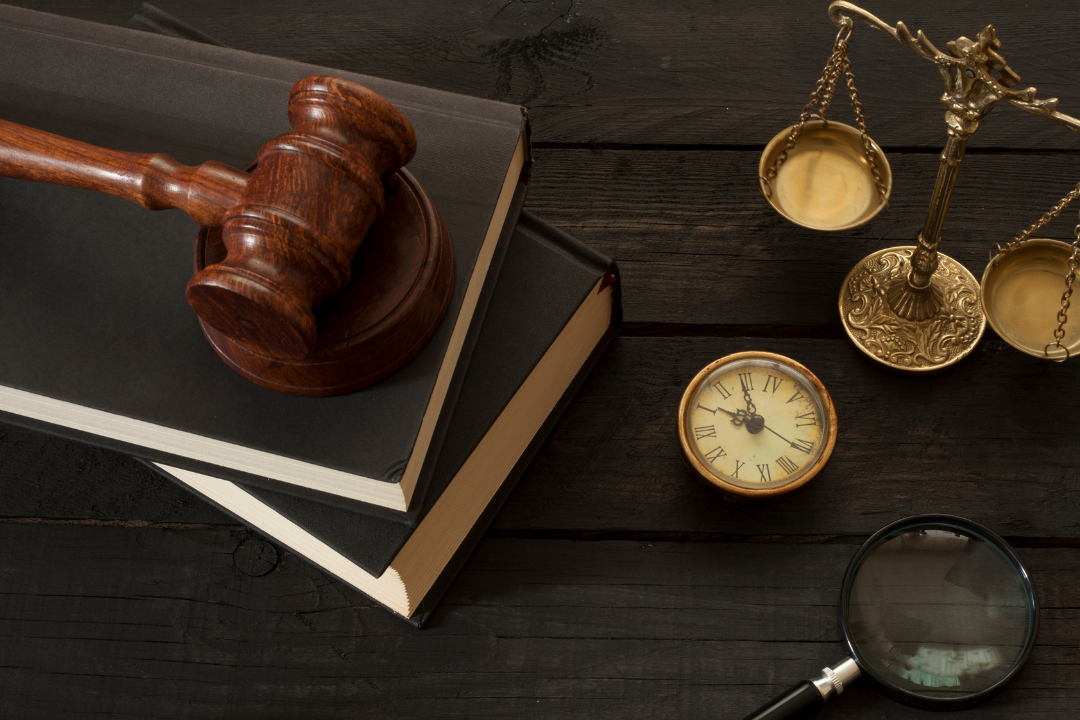Sadly, one misconception frequently surprises students seeking to become commercial attorneys. Despite the fact that many commercial solicitors encourage students at career fairs to apply to work at competitive companies within their commercial department. They were misled about how difficult it would be and were undoubtedly mistaken.
commercial lawyers Newcastle may be required to work long hours, adhere to rigorous deadlines, operate under pressure, work well in teams, and even risk their lives for their jobs. This is not ideal, but because commercial lawyers are committed to their work and driven to succeed, they are ready to make this compromise. So, take heed: this is a tough job.
Why Work as a Commercial Lawyer?

This question is however divided into two areas:
- Why Commercial Law?
- Why Become a Solicitor?
Naturally, the need to comprehend the company as a whole and the need for development in a market with continuously changing trends have lawyers fascinated by commercial law. This understanding of shifting marketplaces has also been essential to further their interests in commercial law, particularly regarding how technology may both help and hurt businesses. After all, risks increase when technology advances more rapidly.
Many people would consider being a commercial solicitor because of the employment security benefits, especially as compared to the self-employed barrister. Greater security does not imply that the process is any simpler. Commercial lawyers must possess a high level of research abilities, critical analysis capabilities, and the capacity to adjust to challenging and unforeseen circumstances. You must be able to strike a balance between providing customers with outstanding communication and a high caliber of legal service, attending to both the client’s commercial needs and their legal needs while taking into account their goals and demands.
How Does Commercial Awareness Work?
Being aware of developments in the business sector is a straightforward definition of commercial awareness.
You must comprehend how and why organizations conduct in the manner they do in order to possess commercial awareness skills. A good solicitor can connect these changes to the legal profession.
Are You Commercially Aware?
Commercial interests play a crucial role in determining whether or not to become a commercial solicitor. This entails considering business insolvency, business dangers, the effects they have on customers, and public safety, all of which impact business-related legal concerns.
For instance, recent cyberattacks on hotel chains may raise questions about their compliance with legal obligations and laws, as well as those of banks whose clients may have been impacted and those making investments in the company itself. To become a successful, driven commercial solicitor, you must be passionate about such topics.
Which legal modules are your favorites?

Importantly, the courses you excel in or like the most may influence your decision to become a commercial layer. Many claims that an interest in tort and contract law is essential for a career as a commercial solicitor. The question of whether you appreciate the difficulties that most frequently emerge in commercial contexts is vital in determining whether you would personally enjoy a career as a commercial attorney, apart from the wider variety of modules accessible to students in subsequent years.
Commercial or Corporate law?

Furthermore, many students could fail to recognize corporate and commercial law differences. Are you paying attention to one while neglecting the other? Avoid doing this because there is a lot of overlap between the two fields. Having knowledge of or an interest in either could signal that you would be a good candidate for a future as a commercial solicitor. A company’s position at launch, growth, development, decline, and of course, a review of issues impacting each of these stages, are examples of areas where there may be overlap. You will naturally be interested in these concerns and the legal difficulties that may help or hinder business development if you are business-minded and have a passion for the companies you deal with.
How to Be Certain
You might want to do more research on the field, participate in online internship programs, get job experience, and other things to determine if becoming a commercial solicitor is the right career for you. Importantly, if you work part-time, your interests in commercial law may also be influenced by your understanding of the business’s operations and your awareness of the importance of legal matters in relation to those operations. In order to determine whether there is a practice area you like in comparison to or not, you might also wish to look at fields outside of commercial law.
What the Commercial Law Covers
Commercial law is the body of legislation tasked with regulating business; it covers all aspects of commercial transactions and the legal repercussions of business interactions. It is crucial for people and organizations involved in regular business and commercial operations. The practice of commercial law assures compliance with all applicable laws governing business and commercial transactions, fostering an environment conducive to reasonable and fair business practices.
Without the guiding principles supplied by commercial law regulations, unethical and unjust company practices that do not adhere to ethical standards would be allowed to flourish. Due to its emphasis on regulating business civil actions, the area is typically considered a part of civil law. However, the consequences of breaking this code of law could result in both civil and criminal measures being taken against those who do so.
Duty of a Commercial Lawyer
A commercial and business lawyer’s primary duty is to assist his clients by giving them legal choices and advice on how to make decisions in a commercial setting. Corporate lawyers provide legal guidance on contracts that relate to corporate organization, buying and selling companies, preparing and developing commercial agreements, managing and assisting in the resolution of commercial conflicts, and negotiating technological license deals. This aids corporate, industrial, and commercial clients in managing their internal business processes.












